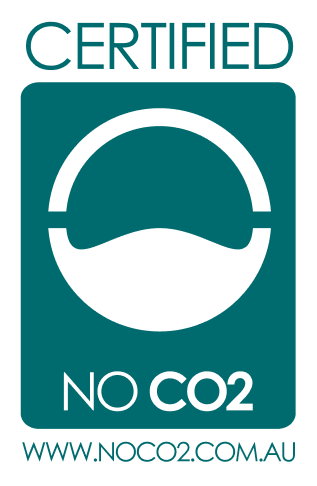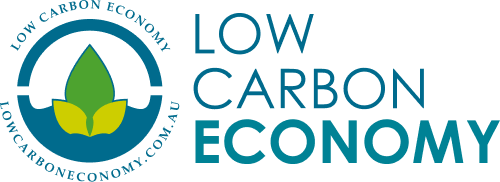Fraser & Partners designs architecture that makes a positive contribution to communities, cities, and the environment. Working across multiple typologies, an ethical imperative guides the practice: every element of the built environment must be viewed through the lens of the climate crisis.
The seed of each project is a specifically commissioned piece of research conducted by industry specialists and university researchers. While the research may not be legible in the finished construction, it makes it possible to push the boundaries of how the building performs, how it feels, and the problems solved through its development. Research findings are shared upon project completion – an open-source model benefitting the industry, the community and ultimately the environment.
Each project is also driven by a bespoke platform, with a series of non-negotiables and opportunities defined in partnership with clients to realise the best triple bottom line outcomes. Navigating multiple sectors, the platform centres around 8 core pillars that guide projects along the pathway to regenerative practice.
From an operational perspective, the practice has embedded sustainability strategies, progressive thinking and innovative technologies into both day-to-day operations and long-term objectives to achieve carbon neutral status.
What does NoCO2 Certification mean?
Through Elenberg Fraser, Fraser and Partners is certified as a Carbon Neutral Business by CRI; can be promoted and marketed as such and can display the NoCO2 Logo issued by CRI. To achieve this status and become carbon neutral Elenberg Fraser undertook the following process:
1. Commissioned a NoCO2 audit from CRI to measure their carbon footprint for FY2020. CRI’s NoCO2 audit follows the standards outlined by the World Business Council for Sustainable Development’s Greenhouse Gas Protocol Corporate Accounting and Reporting Standard (1), in addition to the international standard ISO 14064.1 (2).
2. Have committed to offset their unavoidable emissions through the purchase of units in approved projects under the Verified Carbon Standard (VCS) and Gold Standard, and
3. Committed to ongoing annual auditing of their emissions.
What Carbon Credit Projects does Fraser & Partners purchase offsets from?
India: Clean Energy from Wind Project
Environmental problems in India are growing rapidly. The increasing economic development and a rapidly growing population that has taken the country from 300 million people in 1947 to more than one billion people today is putting a strain on the environment, infrastructure, and the country’s natural resources. India’s air pollution is exacerbated by its heavy reliance on coal for power generation. Coal supplies more than half of the country’s energy needs and is used for nearly three-quarters of electricity generation. While India is fortunate to have abundant reserves of coal to power economic development, the burning of this resource, especially given the high ash content of India’s coal, has come at a cost in terms of public health risk and environmental degradation.
The Projects:
Investments in clean energy sources, such as wind, are therefore considered to be essential both in the interest of the environment and for public health reasons. Wind projects partially displace electricity currently generated from grid-connected conventional fossil fuel-based thermal power plants, while reducing emissions. Wind Projects reduce the emission of greenhouse gases and limit local air pollution, curtailing its negative health impacts. In addition to its environmental benefits, the implementation of the project creates job opportunities for local workers, contractors, and suppliers, while the operation and maintenance of the wind park generate long-term employment positions.
Certifications
Certified NoCO2 Business
Carbon Neutral Service



Contact
Fraser and Partners
1/160 Queen Street Melbourne VICTORIA 3000






